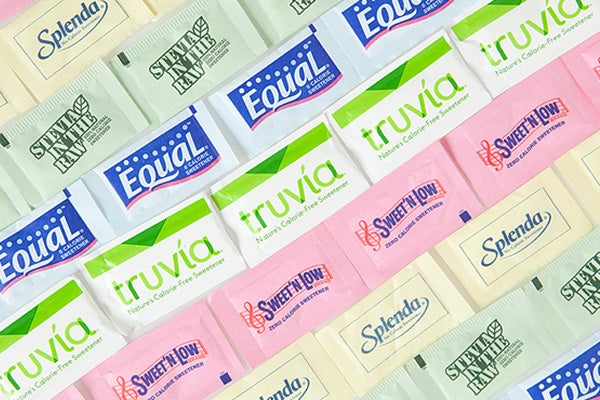September 07, 2017
Artificial sweeteners
Join the NKF Blog Newsletter
Get inspirational stories and kidney disease resources delivered to your inbox every month. You'll gain practical insights and expert advice to help you better understand and manage your kidney health no matter where you are on your kidney journey. Subscribe today.
Sugar alcohols
New sweeteners
Newer sweeteners, such as stevia (Truvia, Pure Via) have been approved as “generally recognized as safe” in the isolated chemical form. The FDA has not approved stevia leaves or "crude stevia extracts" for use as food additives. These sweeteners do not raise blood sugars, but since they are relatively new products, it is advised to use them in moderation. Some studies have shown negative effects on the kidneys
Potential risks
Natural sugar alternatives
Bottom line
There is no magic bullet in sugar replacements, and should always be used in moderation. The best way to avoid health issues is to drastically cut back on sugar all together; artificial and “real” sugar alike. By sticking to whole foods, such as fruits, vegetables, legumes, whole grains you can change your taste buds to enjoy the sweetness found in nature, while avoiding negative health consequences.
References:
1. Garner C. et al Nonnutritive sweeteners: Current use and health perspectives. A Scientific Statement from the American Heart Association and American Diabetes Association Circulation. 2012; 126:509
2. Artificial sweeteners and Cancer. National Cancer Institute.
3. Low-Calorie Sweeteners May Contribute to Weight Gain. Consumer Reports.
4. High Intensity Sweeteners. US Food and Drug Administration.


















